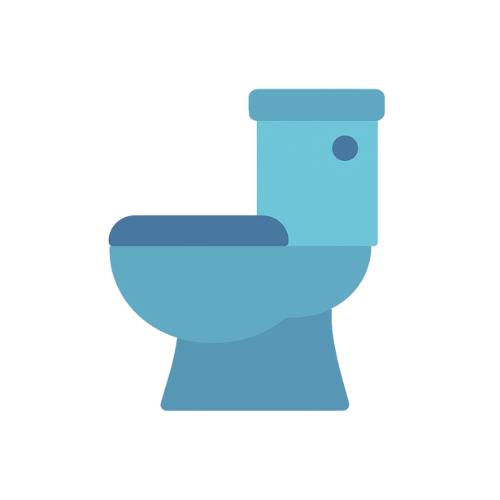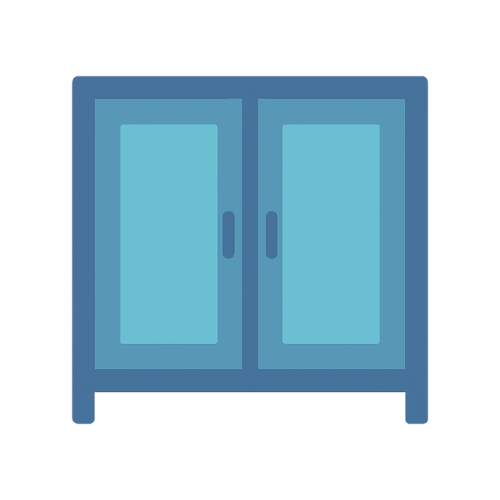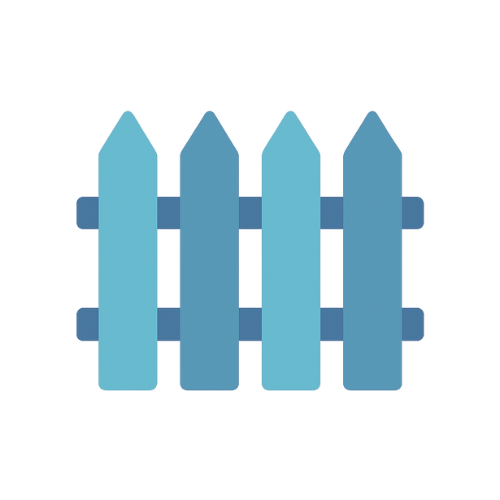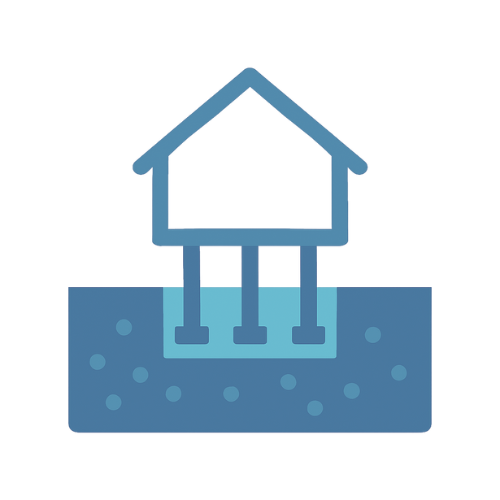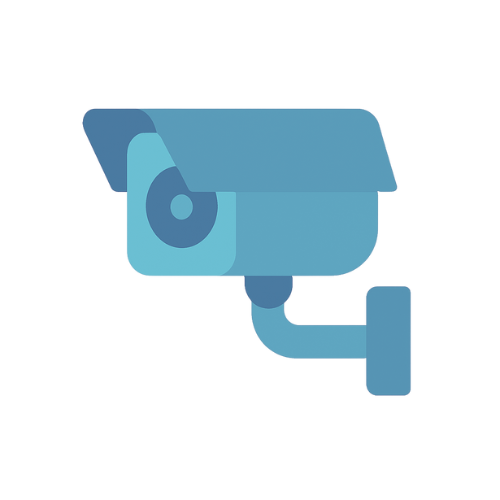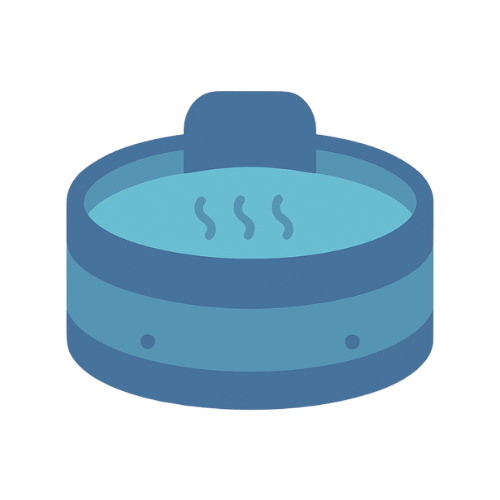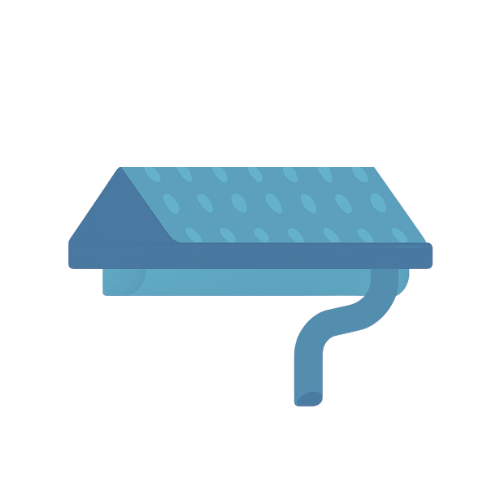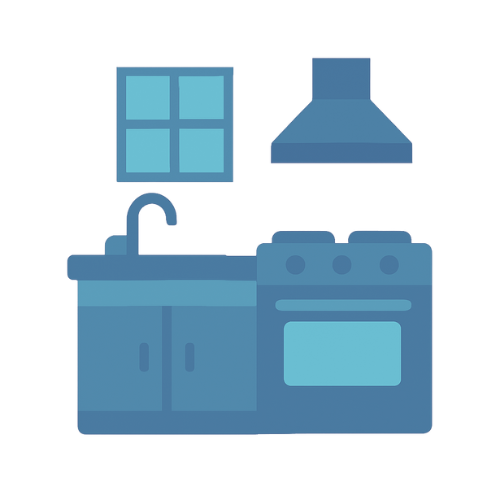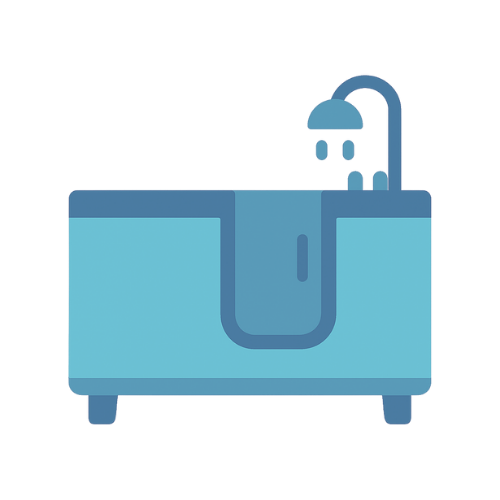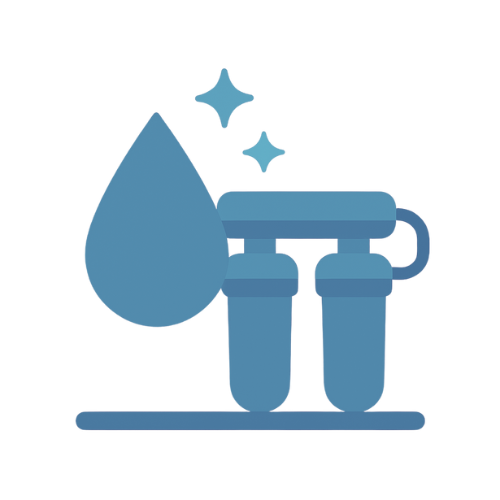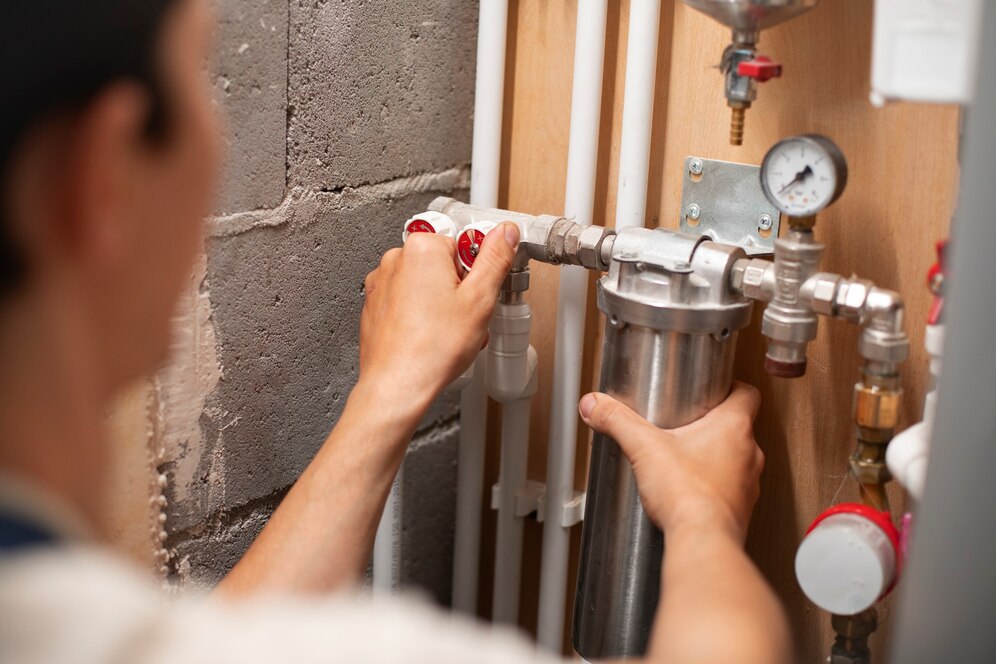Picture this: It\’s a brisk morning, and the last thing you want to do is leave your cozy bed to start the day. But obligations beckon, so you resign yourself to the inevitable. The only solace is the thought of a soothing, warm shower to invigorate your senses.
You make your way to the bathroom, eagerly anticipating the comforting embrace of hot water. However, as you turn on the faucet and wait for the water to warm up, you\’re met with an icy blast instead. Panic sets in as you realize there\’s no hot water in sight, forcing you to endure a frigid shower and rush through your morning routine.
After the shock wears off, you begin to ponder what went wrong. Could it be a utility bill oversight? Or perhaps a malfunction with the water heater? In hindsight, you realize there were likely warning signs that went unnoticed, hinting at the impending demise of your water heater.
Now faced with the need for a replacement, you\’re confronted with a dilemma: stick with the same type of water heater or explore other options? With numerous choices available, how do you determine the best fit for your home? Let\’s delve into the advantages and disadvantages of the top 4 water heater types:
- Conventional Storage Water Heaters:
- Pros: Reliable and commonly used, ensuring a constant supply of hot water. Repair and maintenance are straightforward.
- Cons: Continuous heating leads to higher energy consumption and occupies considerable space.
- Tankless (On-Demand) Water Heaters:
- Pros: Energy-efficient, heating water only when needed, offering unlimited hot water supply.
- Cons: Initial installation costs are higher, and there\’s a risk of no hot water during power outages.
- Heat Pump (Hybrid) Water Heaters:
- Pros: Versatile operation modes, easy installation as a replacement for conventional heaters.
- Cons: Shorter lifespan compared to other types and suitable only for specific temperature ranges.
- Solar Water Heaters:
- Pros: Environmentally friendly with long-term cost savings. Low maintenance and efficient water heating.
- Cons: Dependence on sunlight availability and additional space requirements for solar panels.
By recognizing the signs of a failing water heater and conducting thorough research on available options, you can avoid unpleasant surprises and ensure a steady supply of warm water for your daily needs. When you\’re ready to make a decision, consult with a plumbing expert to facilitate a seamless transition to your chosen water heater type.
